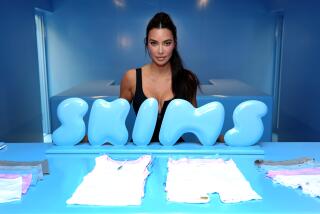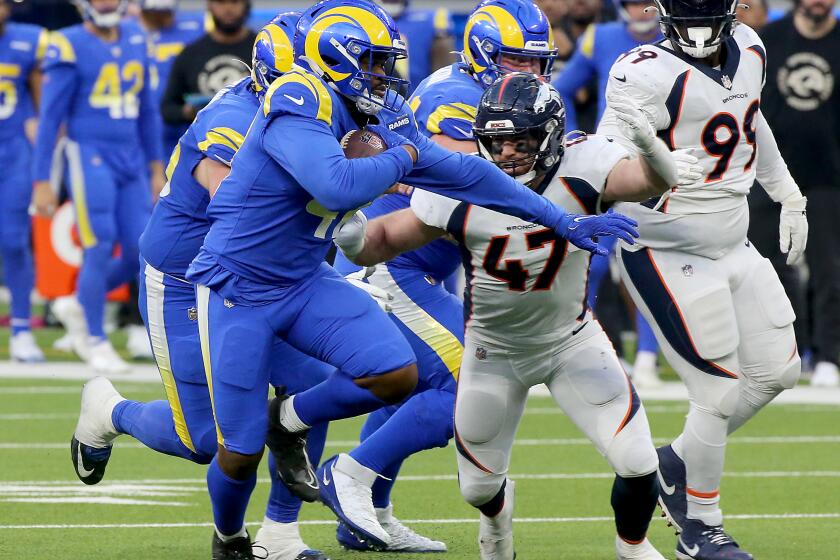U.S. Settles Antitrust Suit With British Glass Company
Moving to break “a licensing stranglehold” on glassmaking that keeps U.S. companies out of foreign markets, the Justice Department said Thursday that it has settled an antitrust suit against a British glass firm.
The suit was filed under a U.S. policy designed to protect American exports from anti-competitive conduct by foreign firms.
Atty. Gen. Janet Reno, who announced the suit and the settlement simultaneously, said the action “will open new markets abroad for American businesses exporting high-tech services.”
Robert E. Litan, deputy assistant attorney general for antitrust, said the settlement with Pilkington and its U.S. subsidiary could open the door to between $150 million and $1.25 billion in exports for American companies through 2000.
The suit was the first brought under a 1992 policy that permits the Justice Department to take antitrust action against foreign businesses that harm U.S. export trade, without having to demonstrate harm to American consumers. When the policy was announced by the Bush Administration, it was widely believed that Japanese firms would be the immediate targets.
Litan said other cases are under investigation, but he declined to name either the companies or the countries involved.
Pilkington dominates the world’s $15-billion-a-year float glass industry, which manufactures flat glass used in most cars and buildings. The complaint accused Pilkington of closing off foreign markets to U.S. companies and costing American jobs by strictly limiting the use of commercial flat glass technology, part of which it developed and patented more than 30 years ago.
Although Pilkington’s patents expired long ago, placing the technology in the public domain, the Justice Department complaint said the firm restrained competition by using licensing arrangements to prevent American glass producers from employing the technology outside the United States.
Sir Robin Nicholson, a Pilkington director, contended that the settlement--in the form of a consent decree--will have “no material economic impact on the company.”
In a phone interview, he said the company, while denying unlawful conduct, had agreed to the decree for two primary reasons. First, the decree allows the firm to continue licensing technology it has developed since 1983. The second factor was “pure cost,” Nicholson said, estimating that the company would not lose more than $1 million a year under the decree, while continued litigation would have cost “many millions of dollars.”
However, K. Craig Wildfang, special counsel to Anne K. Bingaman, assistant attorney general for antitrust, noted that the decree covers technology disclosed to U.S. licensees, the last of which occurred in 1982.
It also frees up technology that licensees added themselves after 1982, he said.






